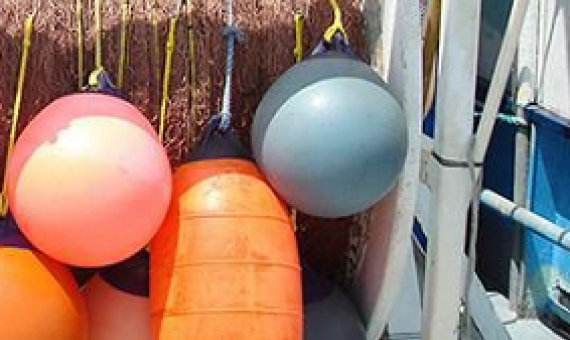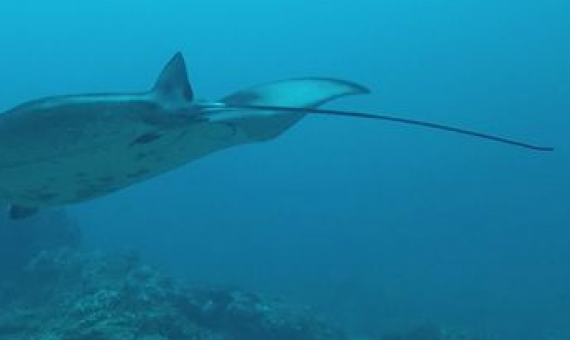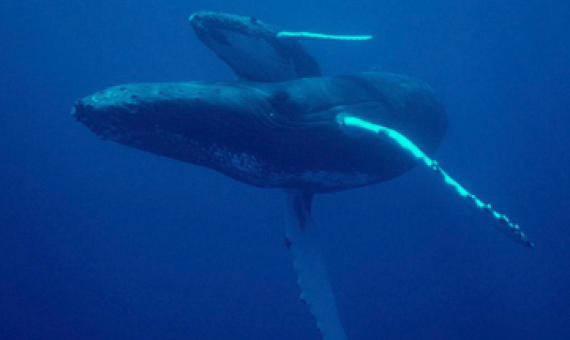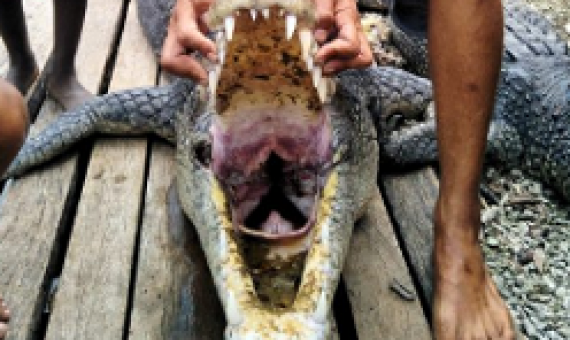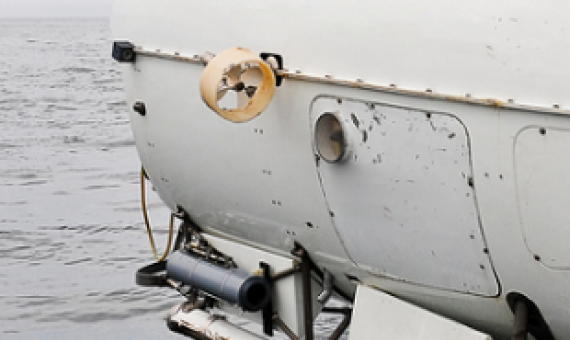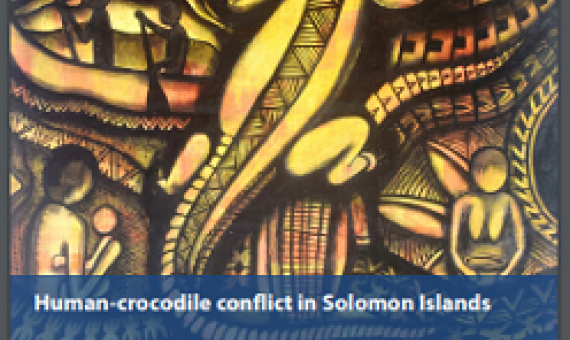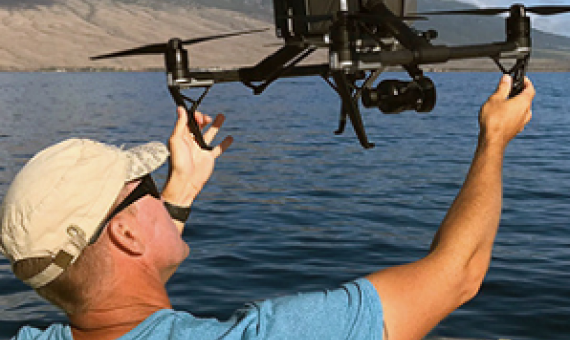Using a strategy called dynamic ocean management, researchers are creating tools to forecast where fish will be—and where endangered species won’t be. Click on the link to read the full article.
The shortfin mako, the world’s fastest known shark, which can reach speeds of up to 70 kilometers per hour (43 miles an hour), is one step closer to extinction. Click on the link below to read the full article.
A pregnant reef manta ray (Mobula alfredi) has been spotted swimming far offshore in the Eastern Pacific Ocean, near Cocos Island, which is a long way from the creature's traditional home. Click on the link below to read the full article.
A persistent mass of warm water in the Arctic provided a preview of how climate change may impact humpback whales. Click on the link below to read the full article.
Early engagement among the data collectors and the stakeholders involved in policy development and implementation is important to help translate tracking data into conservation outcomes. Click on the link below for details on how ot access the full article.
A new report has found that crocodile attacks on people in Solomon Islands has increased significantly over the past decade and will continue to rise if nothing is done to prevent them. Click on the link below to read the full article.
Human-crocodile conflict in Solomon Islands
In 2017, following growing public concerns about saltwater crocodile attacks on people, the Ministry of Environment, Climate Change, Disaster Management and Meteorology (MECDM), the Ministry of Fisheries and Marine Resources (MFMR) and WorldFish conducted a nationwide survey to collect detailed information on the extent and characteristics of human-crocodile conflicts. This report summarizes the main findings of the survey.
Oceans, which hold about 97 percent of our planet’s water, continue to undergo warming, pollution and species loss—ominous developments that explain the considerable amount of donor attention they receive. Click on the link below to read the full article.
...there is a lack of reliable information on the population status of saltwater crocodiles and the extent of human-crocodile conflict in the country. This report summarizes the results of a nationwide survey that aimed to fill these knowledge gaps.
A frequent NOAA Fisheries collaborator, Lars Bejder’s research has helped us better understand tourism’s effects on marine mammals. Click on the link below to read the full article.

